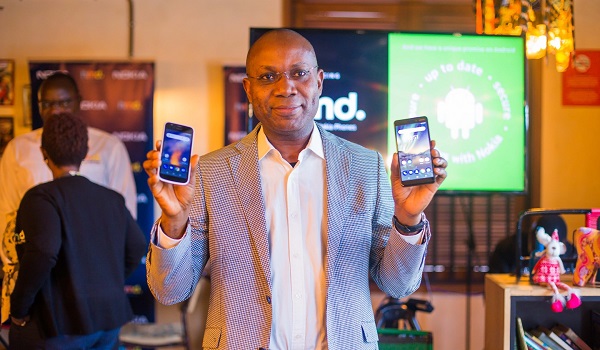We have witnessed the massive impact technology has on our lives – how it has helped us stay connected and contributed to giving more people hope for endless possibilities. Mobile technology has enabled individuals across different races and tribes to explore new cultures, learn new languages, and erase divides, as we discover our inherent similarities and engage in our now physical-virtual integrated world.
Tech’s contributions to development are visible in developing economies like Nigeria and Kenya, where connectivity and mobile technology aids critical needs. It has resulted in the proliferation of mobile payments and what many know today as the Fintech industry. Fintech has provided access to finance and empowered vulnerable lower-income groups for business and living. For example, within the first three years of the launch of the renowned mobile money platform, M-PESA, adoption grew by 40 percent, including previously unbanked populations within the financial system. More people living in cities could send money home to families living in less developed communities without the concerns of funds being intercepted. In the same vein, mobile technology has strengthened education and health access. Edutech and health tech have gained prominence in the past few years and even more with physical distancing and lockdown restrictions. Students are connecting with educators through mobile technology and gaining new skills using online learning platforms, while doctors are now more empowered to reach patients and save lives through telemedicine – all from the comfort of their homes and offices. Mobile technology continues to enhance the everyday lives of people around the world. We now depend on technology to make our daily activities more seamless. The reality of the COVID-19 health crisis makes this more apparent. Many people believe that our world’s economies have leaped five years ahead than previously thought possible. Because of this increasing dependence, our core values of trust and security have become even more relevant today. We design products not only for convenience but for the greater good. Developing technology for good is at the heart of our work with Nokia smartphones, at HMD Global. We understand that mobile technology and connectivity play a crucial role in maintaining connections, facilitating access to improved education, financial services, and healthcare. More importantly, with the right technology, we can protect against malicious attacks that leave users vulnerable to erosion of their privacy and security. That is why we are committed to providing the best in software and security upgrades for our consumers and enterprises that choose our devices and accessories. Nokia mobile devices have led the trust rankings for the second year running, with the most frequent software and security updates for several years. Our products are built to last and designed with human happiness in mind. As a result, we encourage more positive uses of mobile technology to make daily impact; this way, inspiring change for a better society. For example, since 2020, we have worked with different personalities across the globe to explore the power of change in just 48 hours – especially the power of embracing and creating change in the moment – and are excited to see the impact this has made locally.
This year, as we experience the changes that our environments bring and seek to solve the apparent challenges, we believe through technology, we can discover the pathway to continuously interact and share our learnings for a better world. For more information, follow HMD Global, the home of Nokia phones on Instagram and Facebook or visit www.nokia.com/phones.
